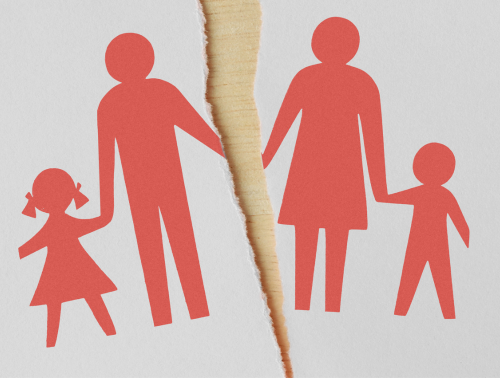
If you’re unable to reach an agreement with your former partner or spouse regarding children, finances, or property, going to court is not your only option.
Several out-of-court methods can help you resolve disputes in a more cooperative and less adversarial manner. These include mediation, arbitration, and collaboration.
Mediation
Family mediation is a process whereby the parties will attend appointments with a family mediator, with the aim of resolving matters without costly court proceedings or lengthy negotiations. It can be used to resolve both financial and child arrangement issues.
When Should I Attend Mediation?
If you are planning on making an application to the court for financial remedy proceedings, then you must attend a Mediation Information and Assessment Meeting (MIAM) to confirm if mediation is a suitable route.
In addition, attending mediation is a more amicable way to resolve matters if possible. You can attend at any point throughout the process to help aid the entire settlement, or to help focus on a particular issue.
Can I Also Have a Lawyer With Mediation?
Both parties are able to seek legal advice alongside mediation to ensure that they are not agreeing to anything that could be a disadvantage or problematic in the future.
Some people like to obtain legal advice prior to mediation, and others require it during the process.
If you do reach a consensus at mediation, you will need a legal professional to prepare the financial settlement documents.
Advantages of Mediation:
- Costs can be split between the parties.
- Cheaper than going through lawyers and court proceedings.
- More collaborative and less animosity.
Disadvantages of Mediation:
- Not legally binding – a memorandum is drawn up but needs formalising by way of a Court Order to be enforceable.
- May not be appropriate in some situations.
Arbitration
A form of dispute resolution that allows for both financial and child matters to be settled outside of court. A private arbitrator is jointly instructed and, after considering the case, makes a legally binding settlement.
How Does Arbitration Work?
Arbitration usually takes place over one day and allows for time to negotiate. The arbitrator will hear submissions by both parties, or their legal representatives, either on paper or verbally. The arbitrator will then give a written decision that is legally binding.
Advantages of Arbitration:
- More flexibility, collaboration, and speed.
- Potential cost savings compared to lengthy court proceedings.
- It is less adversarial and stressful than court.
Disadvantages of Arbitration:
- The decision is final, and you are bound by something that you may not have agreed to during negotiation.
- It can be an expensive initial cost.
Collaborative Law
This form of dispute resolution is used less frequently. Each person hires a specially trained lawyer, and all parties commit to resolving the issues without going to court. Meetings are held face-to-face to reach a fair settlement through open and respectful negotiation.
If the parties are unable to reach an agreement, they have to instruct new lawyers. The idea being that parties are incentivised to keep going in the process and find a resolution.
Advantages of Collaborative Law:
- Clients negotiate an agreement, rather than having a decision imposed on them by a judge.
- More amicable – it can help to preserve a relationship, especially important for parents.
- Considered less stressful than court.
Disadvantages of Collaborative Law:
- Not guaranteed to reach a resolution.
- It can be expensive.
- If the process breaks down, the parties need to instruct new lawyers.
Howell Jones Surrey Solicitors are committed to helping you find the right solution to dealing with family issues, and we are available for initial advice to discuss which method of resolution best suits your family. Contact us today on 0800 011 9813.